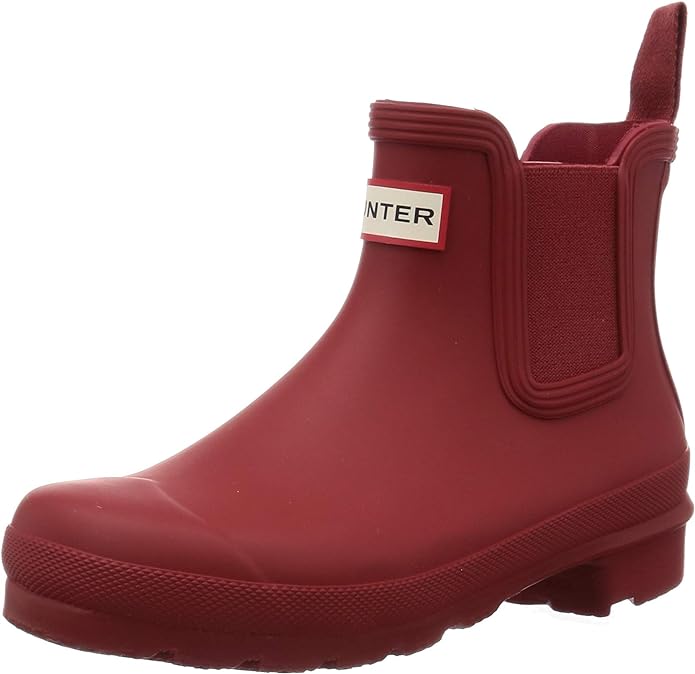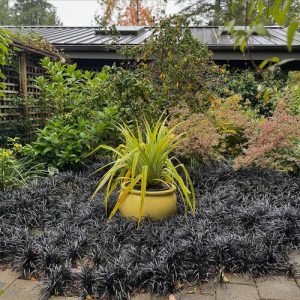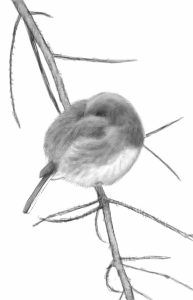
EVERY YEAR I do a guide of “gifts for gardeners,” and every year it’s the same stuff, basically (how unoriginal and embarrassing). But how can you improve on the gear you have relied on year after year, as I have on each of my tried-and-trues? At this point in my garden career, it’s unlikely that some gimmicky new thing will catch my eye, so at the risk of boring you…




Want a slightly narrower blade for tight spots? Try the Sneeboer Great Dixter model...and there are even narrower choices, for digging dandelions and such.

EVERYONE WHO VISITS the garden wants one: a super-lightweight, drinking-water-safe, beautiful hose. No more dragging around heavy, kinked-up traditional hoses for me the last decade or so, since I found the made-in-America ones from Water Right Inc., an Oregon-based family business. There are various colors (I love the olive, above) and three diameters, each in 25- to 100-foot lengths: The 400 Series (7/16-inch diameter), 500 Series (½-inch diameter, delivering about 25 percent more water than the 400) and 600 Series (5/8-inch, delivering another 25 percent more water). There is also a coiled version, if you have a small space, like a terrace.


- When edging, for instance, trimming off bits of turf where lawn meets bed.
- When weeding, of course.
- When deadheading.
- (When pruning or raking leaves, a tarp is probably a better choice, and I’ve got them in many sizes to suit the scale of the job. It’s easy to drag branches, or piles of fallen leaves, away on a tarp.)
I’ve worn out a number of tip bags in my time, but generally speaking they’re pretty resilient creatures. My trusted brand had long been Bosmere, but in recent years most of their models sadly seem to be in short supply in the U.S. The more upright ones (like a giant beer can) are still to be had, and also the square (that’s my friend Ken Druse’s favorite Bosmere model, pictured above), but not so much on the basic size-XL round ones with lower sides (pictured below with my favorite rake).



(Disclosure: Purchases from Amazon affiliate links yield a commission.)







